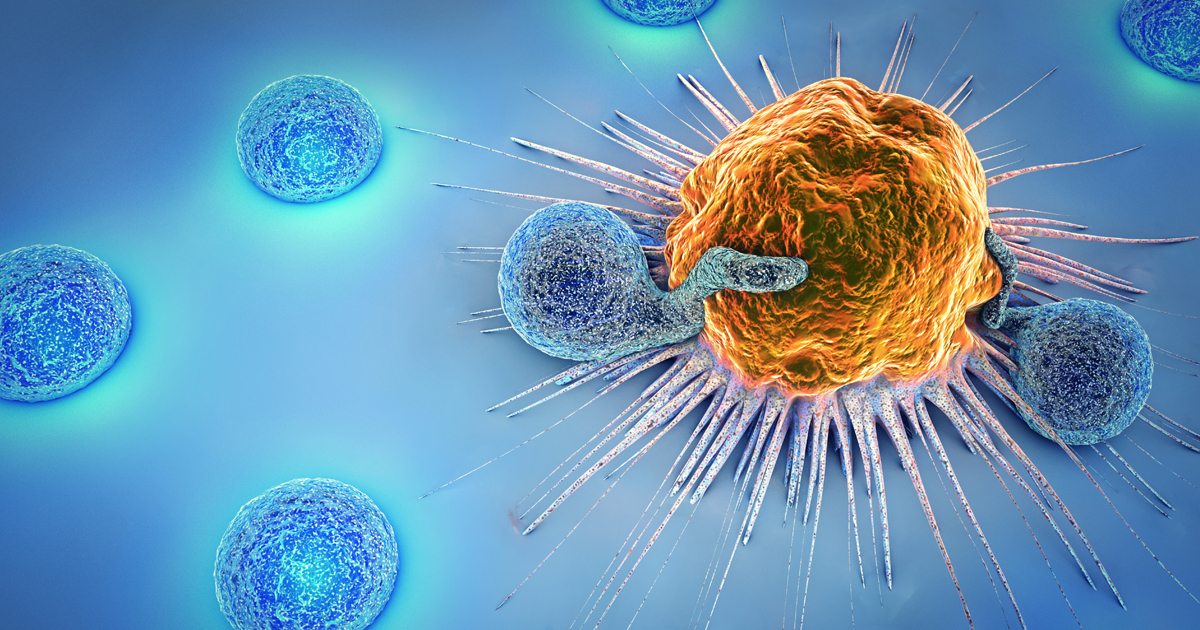How Meal Times Affect Weight Loss
The Issues With Eating At Night

Sleep is a key time of restoration for the body. This is partially due to the release schedule of human growth hormone, as while it can be secreted throughout the day, roughly seventy-five percent of the secretions are released at night. During sleep, the secretions periodically spike, and the largest of these spikes happen roughly one hour after falling asleep. This leads to the largest of the issues with eating at night. The antagonistic relationship between insulin and human growth hormone means eating spikes insulin, insulin blocks human growth hormone, and a significant benefit of sleep is almost entirely prevented. Plan dinners for two to three hours before sleep to allow for digestion and for insulin to be filtered from the bloodstream.
Okay, let's talk about some more ways in which the timing of meals affects health.
How Timing Of Meals Affects Health

In the catabolic state, the body's primary function switches to repairing damage, and part of this process includes apoptosis and autophagy. When cells are weak or damaged, they self-destruct and release a molecular compound that acts as a beacon to phagocytes. Those phagocytes consume bacteria and damaged cells through a process called autophagy. They are the cleanup crew of the human body, and their numbers increase dramatically in a prolonged catabolic state. The timing of meals can encourage this process, though it can also be a great hindrance, which will allow damaged cells to proliferate throughout the body. Throughout history, three meals per day and snacks in between was not the norm. The typical modern diet leaves little to no time for repairs during the fasting catabolic state since it takes roughly two to three hours to process each meal. Whether by evolutionary or divine design, the healthiest eating pattern is to eat large meals and to space them by extended amounts of time.
This naturally leads us to the question, "What about intermittent fasting?"
